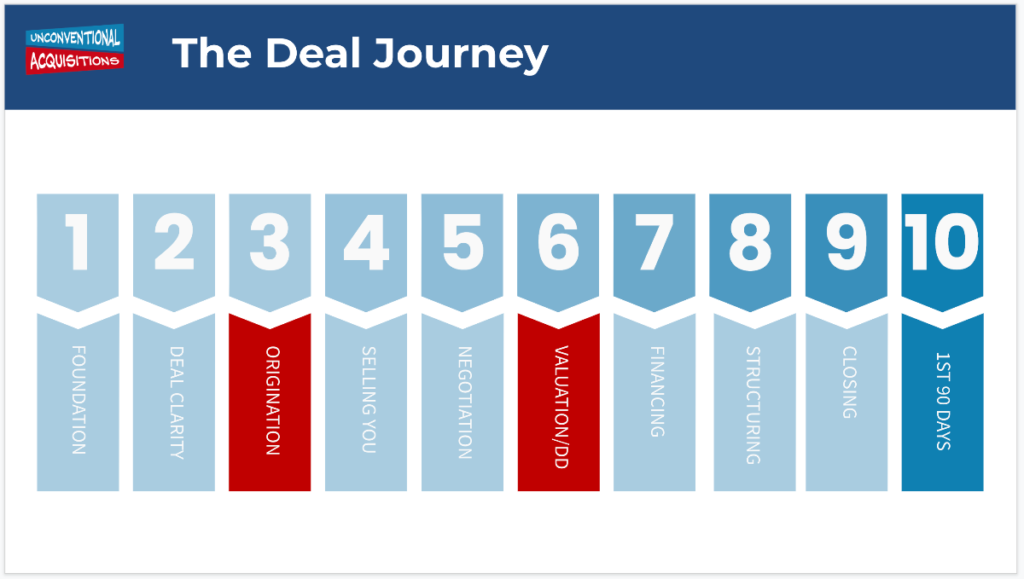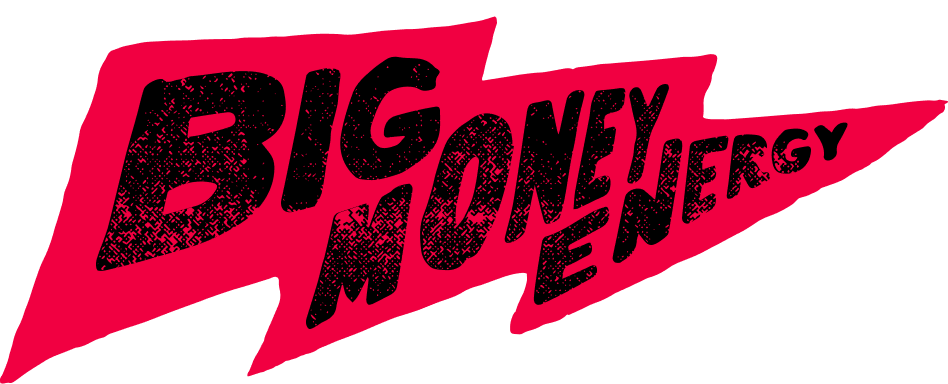
How do you know an economist has a sense of humor?
He uses decimal points. #nerdjokes
The joke means this…no one f*cking knows anything.
Any human who is self-delusional enough to think they know what the future is going to hold down to the penny, is an instant write-off. “I think” are two of the most dangerous words to ever have been said. It’s even worse to have people believe “I think” means “will happen.” They most assuredly do not.
If this most recent beginning of a recession taught me anything, it confirmed my belief that even those on high do not know their a$$es from their elbows. Metaphorically speaking, of course.
We saw Chamath Paliapatiya, a billionaire and self-proclaimed “King of Spacs,” forced to close 2 of his 3 special purpose acquisition companies (SPACs) unsuccessfully. He lost himself and his investors tens of millions to potentially hundreds of millions of dollars.
We saw Andreesson Horowitz launch tokens and NFT investments faster than Elon posts Twitter memes. Spoiler: a majority lost money and a few may even be quasi-illegal in their execution with the tokens they utilized (IMHO).
We saw an entire cadre of the world’s smartest people bamboozled by the likes of FTX, Celsius, and 372 of the other crypto platforms. I made that number up, but that feels good.
Smart humans exist. But they are far from foolproof. Truly – the bigger you get, the harder you fall.
I remember working as an underling at Goldman Sachs in 2008, and then-CEO Lloyd Blankfein came to speak to us. We all said what we did, and I explained my group at the time was “third-party private equity distribution” or “fund distribution.”
His response: “What does that group do?” Sigh.
My CEO a few companies back told me, ”Investments will never be raised over the internet from strangers.” I could feel myself thinking, “I hate it here.” Alas, he was and is a billionaire, and I am still not.
What is the lesson to learn here?
Net worth scoreboards are not crystal balls.
Maybe you can relate. Eight years ago, I hated what I did, worked 65-70+ hours a week, was a slave to my paycheck, and in the opposite of a fairy tale relationship. I wasn’t even in charge of my day-to-day, much less my life.
Despite years of schooling, lots of hard work, and a pretty sparkly life from the outside, I was unhappy…to put it in a PG wrapper. But it’s funny how fast life can pivot.
Today, the story is quite different. I hit that magical (albeit ever-changing) financial freedom number. I own interests in 25+ small businesses, love what I do, and have a husband I adore (99.9% of the time, wink).
It’s ok if you are the first version of me.
It’s ok to be lost, confused, scared, broke, fat and depressed.
What is not ok?
Staying there.
Take control of your own future.
Your future self is sitting just on the other side of fear, waiting for you to show up. So what changed for me? What might be helpful to change for you?
If you’re ready to do the hard things, then you gotta do the smart things. The single smartest thing I did? Become a dealmaker.
I learned what it meant to be a dealmaker. I began to think like a dealmaker instead of a rule-taker. I started investing in cash-flowing businesses. Not sexy start-ups, but boring businesses.
So, for those of you who think you want to do the same, here’s my path and how I’d do it again. It is not the path, it is a path. Freedom can be found down many roads. I took this road to dealmaker.
Step 1: Foundational opportunity
I started scouring the news looking for the best sector, the best entry point, the number one market. But something larger emerged. A realization that opportunities were all around. In fact, in the U.S., as of 2020, there were:
- 2.5 million small businesses ($1-5 million in revenue) for sale
- 10,000 baby boomers retiring every day
- 19% of those owned a small biz
- Only 1 in 11 would sell within 12 months of being listed
That left 91% of businesses for sale on the market — with motivated sellers — for more than a year. So, if an opportunity arises, how do you make sure you are set up to take advantage of it?
Step 2: Deal clarity
First, I asked myself, “What do I really want?”Answer: I want to work when I want, where I want, and on what I want, while earning what I need.
Problem: I’m not smart enough to create the next Tesla, Bitcoin, FB, etc., and I had no cool start-up idea.
Solution: I can model (aka do finance and investing) like a MFer and I’m pretty good at DD (aka due diligence) and underwriting companies. Maybe I should just buy a boring cash-flowing biz to offset my income?
I picked up a pen and wrote this down:

Nothing like a little visualization to get things going.
If you want to become a dealmaker too, you could take similar steps in determining what we refer to as your “Deal Box.” Essentially, we want you to narrow down the size and types of deals that make sense for you to look at, so you don’t get bogged down in deals that won’t get you where you want to go.
Consider what size deals you should be doing. How big of a company would you need to buy to more than replace your W-2 income? I always suggest buying a company that has 3X your income as profit. That way you have enough to do three things:
- Pay back any debt used to buy the company
- Pay an operator to run the day-to-day, so you aren’t buying yourself another jobby-job
- Pay yourself more than your current salary to provide the vision and growth plan
Consider where you can add value. What skill set do you bring to the table? Maybe it’s finance like me or sales like Ryan. Maybe it’s marketing like some of our Contrarian Community members. Maybe you’re super organized and you are great at creating the systems and processes that were just never written down. Maybe you’re the tech genius that’s going to automate that shit! Find deals that need your magic touch to grow.
Narrow the location or biz type in the beginning, so you can become a market expert quickly, and you’ve got yourself a little deal box. Now, let’s go find the deals that fit in the box.
Step 3: Origination, aka finding deals
As we mentioned in the intro, there is no shortage of businesses listed for sale. And you could certainly scour the internet looking for deals already listed on the market. In fact, you can check out our article on 130+ places to find businesses to buy.
If you want to compete with every other biz buying human on the planet and likely pay a little more than you have to, then the listing sites are a decent place. If you’re a little more unconventional, like us, you might turn to your network and find the unlisted deals.
Many are unlisted simply because the seller doesn’t even know they have a saleable asset. They were just going to fade out and let the business turn to dust. When you run a small business for 25-30 years, most people just start to think about it as their job. They don’t realize that having hundreds of past clients, a well known name, word-of-mouth advertising and a couple of employees could actually be worth something.
Pick your poison for this part. It’s like any other lead generation or networking – it comes down to how many conversations you have with the right people. In this case, it could be anyone who knows a business owner.
Take to the streets. Head to Twitter. Reach out to local business brokers and tell them what you’re looking for in case a deal comes up. Head to the local networking meetings, or just to the local country club. Let everyone know what you’re looking for.

If you want to learn the next three steps, make sure you are subscribed to our newsletter. Or, to get all the secrets, sign up for our business buying course that takes you through all 10 steps.
#Promoves
Deal of the week: O Captain! My Captain!

This Week in Biz Buying:
- Strategy behind one metal fabrication co’s expansion.
- Express Kitchens gets saucy with Direct Cabinet Sales acquisition.
- Some things should just stay private.
- You probably saw parent company Molson Coors market their 3 biggest products at once on Superbowl Sunday. But did you know there was an extra $500,000 on the line?




